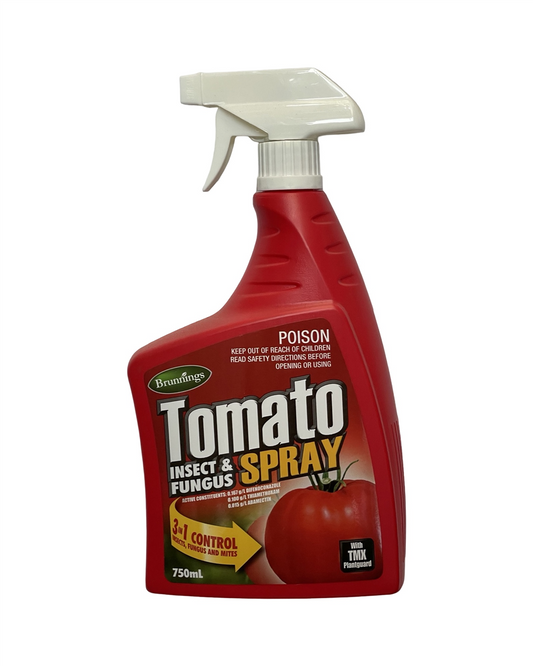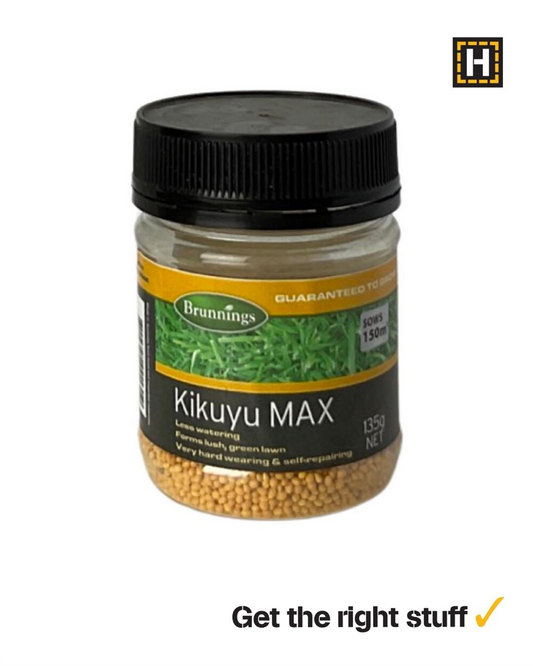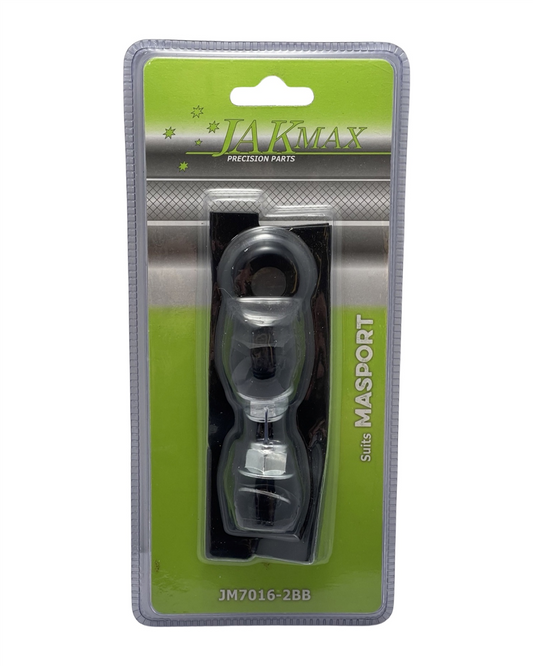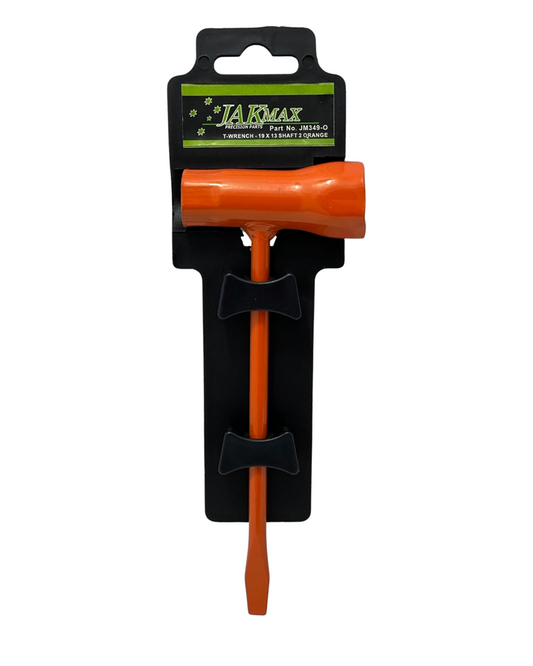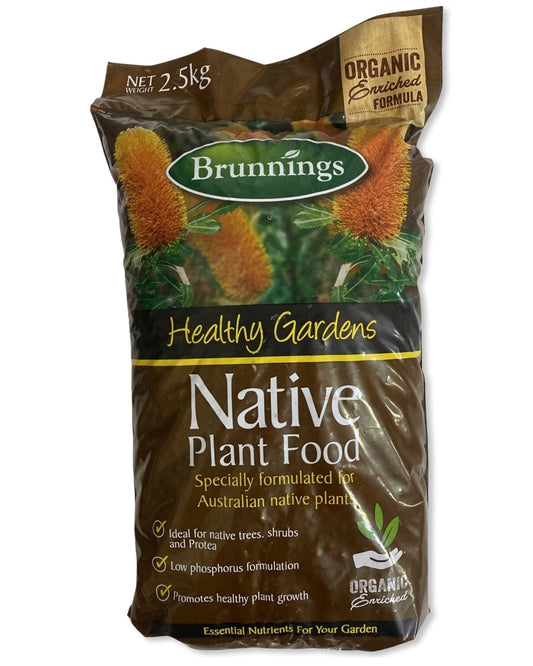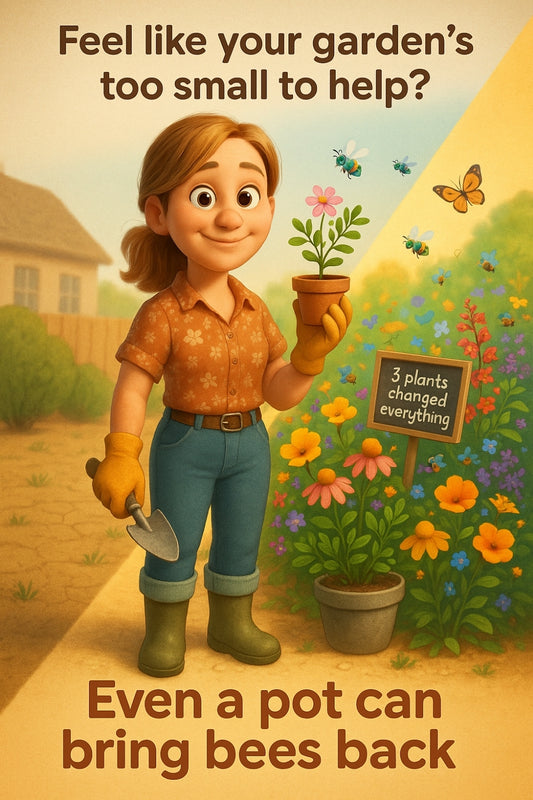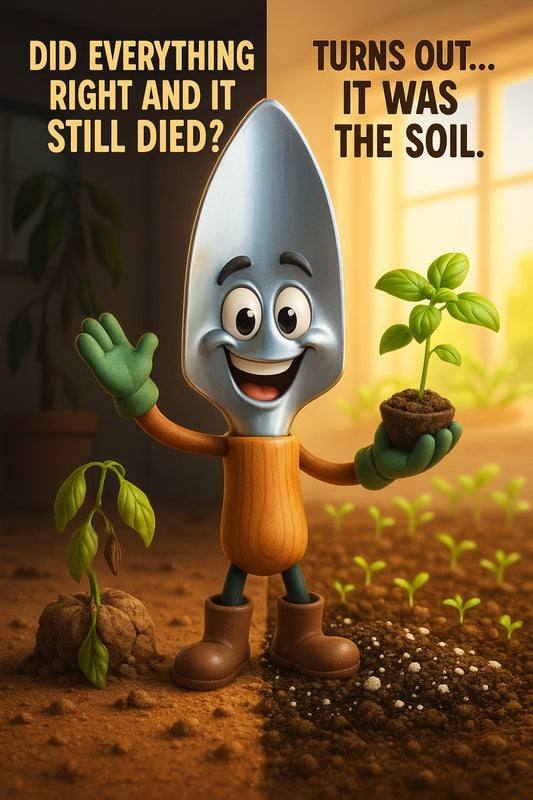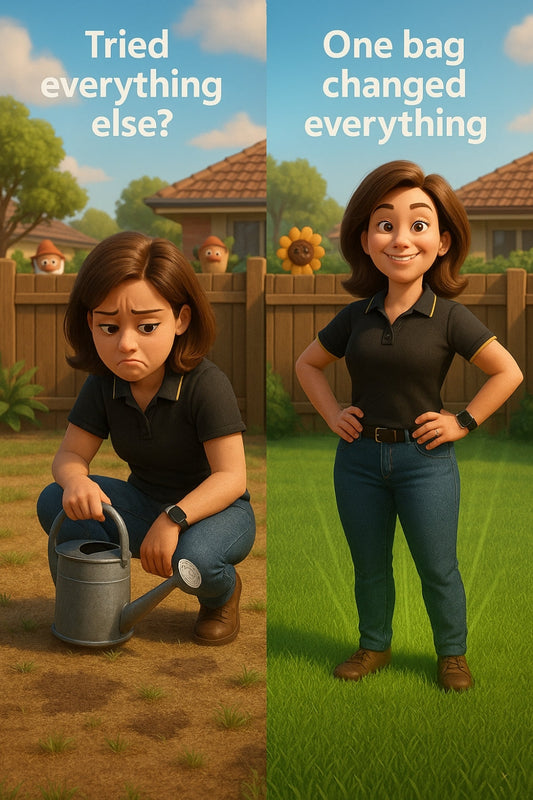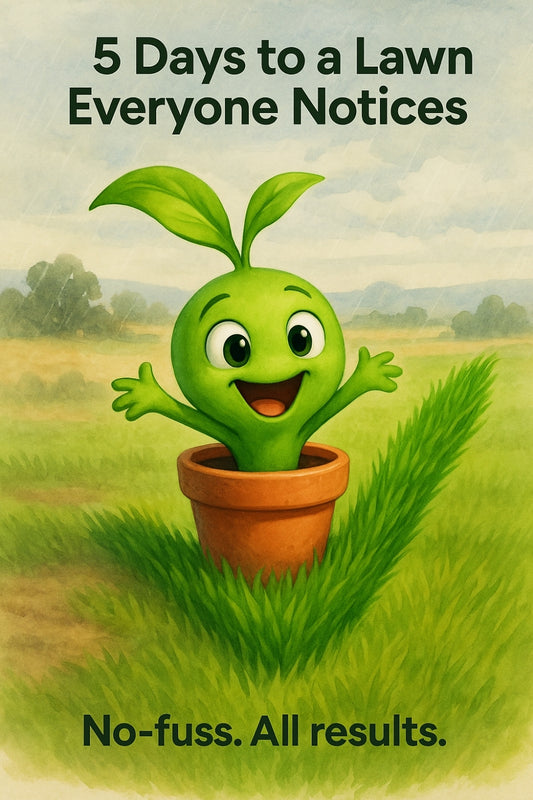Neutrog swears by biodiversity – still squashing wasps? You might be stalling your own success.
Share
The surprising truth about wasps and why they may be nature’s tiny pest patrol
Why I stopped swatting and started watching
For years, my knee-jerk reaction to spotting a wasp was to flinch, fan wildly, then immediately Google how to “get rid of nests naturally.” But then something strange happened. I walked into the garden one morning and saw a wasp delicately nibbling at a cabbage moth caterpillar clinging to my kale. It flew off — caterpillar in its grip — and just like that, nature cleaned up a pest I’d been battling for weeks… without asking a cent or spraying my precious salad greens.
"We spend a fortune on sprays to stop bugs, but wasps? They do the job free — and better." — Candeece
Not all wasps come with a sting in the tail
Let’s get the awkward truth out first. There are thousands of species of wasps in Australia — and only a small handful are those picnic-ruining, chip-nicking nuisances that make us swear under our breath. Turns out, the vast majority are solitary, non-aggressive, and some don’t even sting humans. What they’re interested in isn't your lunch… it’s your garden pests.
In South Australian backyards, you’re likely to spot one of these unsung heroes in action:
- Paper wasps: Yes, they look intimidating, but they’re one of the top predators of caterpillars and beetle larvae.
- Parasitic wasps: These tiny wonders lay eggs inside pest insects like aphids and whiteflies. The larvae hatch and... well, you can guess what happens next.
- Mud daubers: Solitary, quiet, and more interested in spiders than you. Great news if you’re not a fan of eight-legged visitors.
What happens when you let them stay?
Here’s a snapshot from a local friend who trialled a hands-off approach:
Before: His cherry tomatoes were riddled with hornworms every time summer hit. Sprays didn't seem to make a dent and ended up affecting bees nearby too.
After: Once he stopped knocking down wasp nests and let the balance tip, the hornworm damage dropped by more than two-thirds. He didn’t spray once that season.
Used to fight garden pests weekly — now barely lifts a finger.
Tips to attract good wasps to your garden
If you're sold on the benefits but wondering how to get started, here’s a few gentle steps that make a big impact:
- Add flowering herbs like dill, parsley, and coriander. Wasps love shallow, nectar-rich blooms.
- Avoid chemical sprays — even organic ones can disrupt beneficial insect cycles.
- Provide water. A shallow saucer with stones makes a great DIY wasp watering hole.
- Let a corner grow wild. A little mess in gardening can mean a lot of natural allies.
Still feeling a little wary?
You’re not alone. There’s a cultural cringe about wasps — born from schoolyard stings and the odd camping fiasco. But just like we’ve warmed to bees and butterflies as more than “just bugs,” it’s time we reframed what wasps really are:
Nature’s pest patrol. Tireless, targeted, and free with delivery.
And if they do build a nest in an inconvenient place? Call a professional. Respect doesn't mean you have to risk your porch comfort every evening. But the garden? Let them do their thing — it just might be the easiest, most low-impact move you make this season.
The final dig
You don’t need another product, you need perspective. Wasps aren’t a threat — they’re often the secret ingredient helping your veggie patch thrive. While we might think we’re in charge of our gardens, it’s the quiet workers — wings humming, pests in jaws — that keep the whole ecosystem ticking.
The best protector of your tomatoes might just have six legs and a bad reputation.
Until next time — happy (and buzzing) gardening!
Candeece
 Stay Connected
Stay Connected
Join our gardening community on Facebook: Urban Gardener's Notebook
And follow our Store Facebook Page: Strathalbyn H Hardware on Facebook

